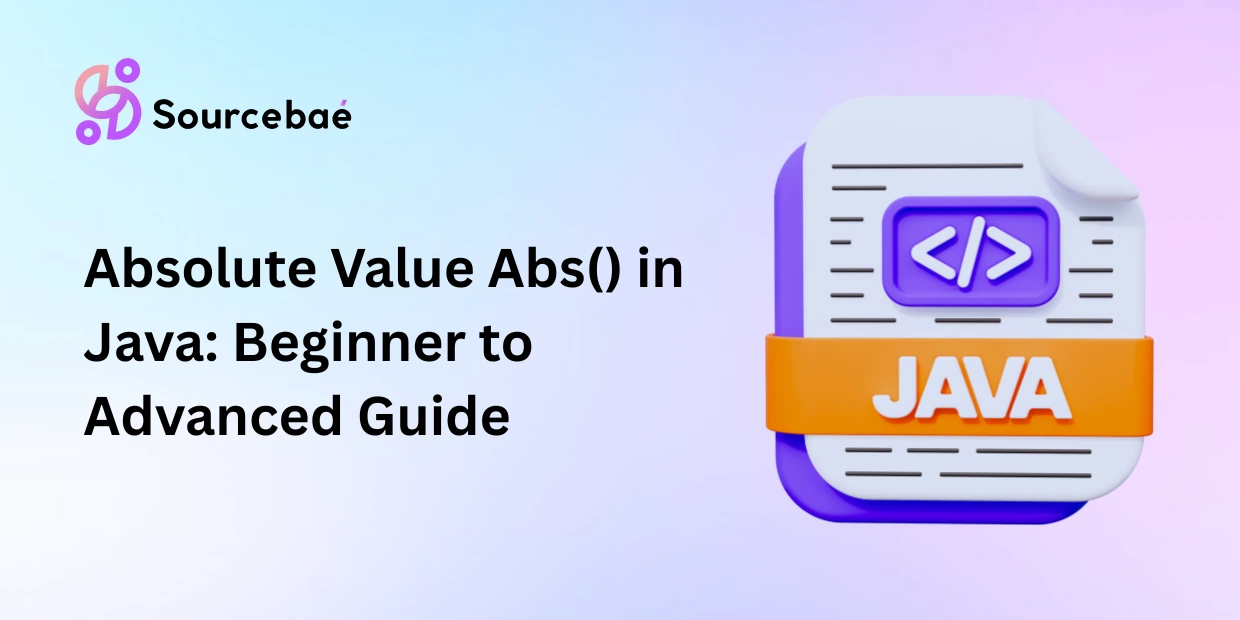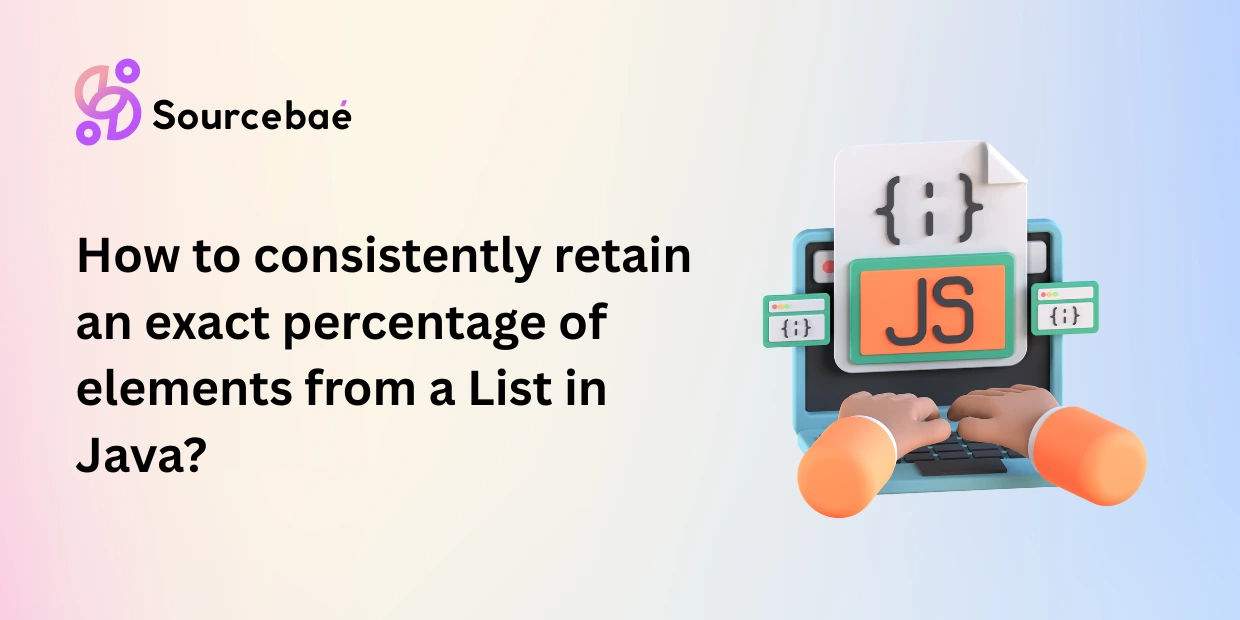In the ever-evolving landscape of programming, two names stand out: C++ and Java. These programming languages have played pivotal roles in shaping software development over the years.
Whether you’re a novice programmer looking to start your coding journey or an experienced developer seeking to expand your skill set, this guide will provide you with a deep understanding of C++ or Java.
From basic concepts to advanced techniques, we’ll cover it all in an informative and engaging manner.
C++ or Java: Exploring the Foundation
C++ or Java serves as the foundation for numerous software applications across various domains. Let’s delve into the essential aspects of each language and compare their strengths.
C++: Power and Performance
C++ is renowned for its unparalleled power and efficiency. This language empowers developers to write code that executes swiftly and optimally. It’s particularly favored in systems programming, game development, and resource-intensive applications due to its low-level memory manipulation capabilities.
Java: Versatility and Portability
Java, on the other hand, boasts remarkable versatility and portability. Its “write once, run anywhere” mantra has made it a staple in web development, enterprise applications, and Android app creation. The Java Virtual Machine (JVM) enables code to be executed across different platforms without modification.
Exploring the Basics of C++ or Java
Now that we’ve grasped the essence of C++ and Java, let’s explore their fundamental building blocks.
Syntax and Structure
C++ and Java exhibit distinct syntax and structure. C++ employs a more complex syntax, allowing developers to access low-level memory operations directly. Java, in contrast, enforces a simplified syntax and automatic memory management through its garbage collection system.
Data Types and Variables
Both languages offer a range of primitive data types, including integers, floating-point numbers, and characters. C++ provides greater control over memory allocation for variables, while Java abstracts memory management through its object-oriented approach.
Control Flow
C++ employs traditional control flow structures, such as loops and conditional statements, to manage program execution. Java follows similar control flow mechanisms, enhancing them with object-oriented principles.
C++ or Java: Choosing the Right Fit
The decision between C++ and Java often hinges on the nature of the project and its requirements. Let’s explore scenarios where each language shines.
When to Choose C++
C++ excels in scenarios that demand high-performance computing and direct hardware interaction. Game developers harness C++ for resource-intensive graphics and physics calculations, taking advantage of its speed and memory control.
When to Choose Java
Java shines in projects where platform independence and scalability are paramount. Enterprise applications, web services, and Android app development benefit from Java’s cross-platform compatibility and extensive libraries.
Advanced Concepts and Features
Both C++ and Java offer advanced concepts and features that elevate developers’ capabilities.
Object-Oriented Programming (OOP)
Both languages embrace OOP principles, allowing developers to create modular, reusable code through classes and objects. Java, however, enforces strict encapsulation, making it an excellent choice for building large-scale systems.
Memory Management
C++ grants developers explicit control over memory allocation and deallocation, enabling optimized resource utilization. In contrast, Java automates memory management through its garbage collection mechanism, reducing the risk of memory leaks.
Exception Handling
Exception handling in C++ relies on try-catch blocks, where developers can catch specific exceptions and handle them accordingly. Java employs a similar approach, promoting robust error management and graceful degradation.
FAQs
Can I use C++ for web development?
Yes, you can use C++ for web development, but it’s less common compared to languages like Java and Python. C++ is often employed for server-side applications or resource-intensive components within web projects.
Is Java suitable for system-level programming?
While Java is primarily used for higher-level applications, it might not be the best choice for system-level programming due to its reliance on the JVM. C++ is better suited for low-level system interactions.
What are the key differences in syntax between C++ and Java?
C++ features a more complex syntax with pointers and memory manipulation capabilities, whereas Java’s syntax is simpler and more focused on object-oriented constructs.
Can I mix C++ and Java in a single project?
Yes, you can integrate C++ and Java using technologies like Java Native Interface (JNI) to bridge the gap between the two languages. This is often done to leverage C++ libraries within a Java application.
Which language is better for game development: C++ or Java?
C++ is a preferred choice for game development due to its performance, direct hardware interaction, and availability of gaming-focused libraries and engines.
What are the career prospects for C++ or Java developers?
Both C++ and Java developers are in high demand across various industries. C++ experts find opportunities in game development, embedded systems, and high-performance computing, while Java developers thrive in web development, enterprise applications, and Android app creation.
Conclusion:
In the realm of programming languages, C++ and Java stand as pillars of innovation, each offering unique advantages to developers. Whether you’re drawn to C++’s power or Java’s versatility, the choice ultimately depends on your project’s requirements. This comprehensive guide has equipped you with the knowledge needed to navigate the world of C++ or Java development confidently.






